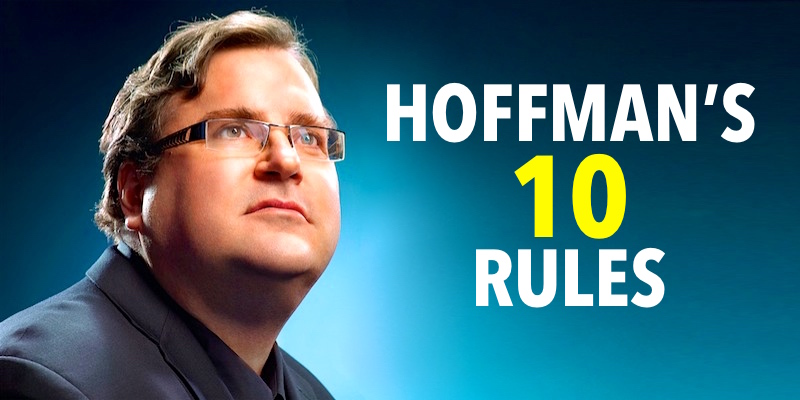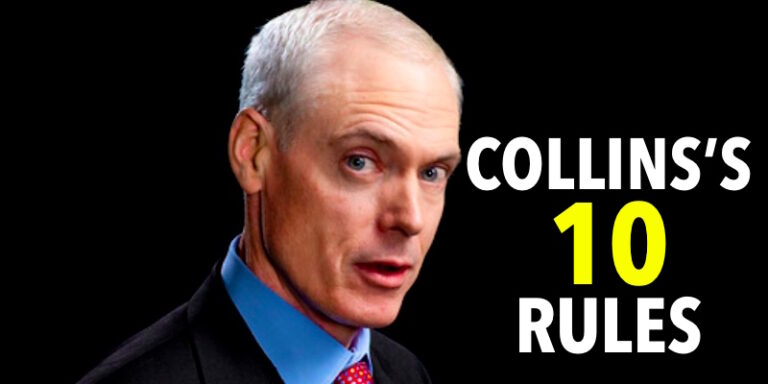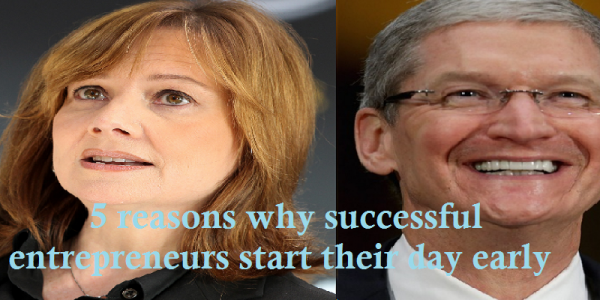Microsoft announced its plan to acquire LinkedIn this year for $26.2 Billion, making it by far the biggest acquisition in its history and making a strong move in enterprise social media.
Since co-founder and Executive Chairman Reid Hoffman initiated LinkedIn 13 years ago by inviting 350 of his contacts to join, the company has grown to claim 433 million members, including 105 million active monthly users. It has become a central place online for professionals to network and learn about job opportunities, making it enormously valuable for executive recruiters and giving it a trove of data that few other companies have.

Here are the 10 success lessons from Reid Hoffman – “Co-Founder of LinkedIn” for the entrepreneurs,
1. Aim BIG
Regardless of whether a startup is targeting a big idea or a small one, it will still require the same amount of blood, sweat and tears—so aim big! What is “big?” It is a new product or service that creates or dominates a significant market.
2. Try To Create “Disruptive Change”
If you’re about to start on a new venture, ask yourself: What is becoming possible or necessary that wasn’t possible before? Is a new product or service able to take over an existing market or create a new market? When Hoffman co-founded LinkedIn the tech industry was in a deep depression. He looked at all the opportunities created by the Internet and had the idea that eventually everyone would need a professional profile online. The disruption was that people were able to directly reach the best candidates rather than hoping for responses from a listing in the paper or an ad on a Web site.
3. Build A Network To Amplify Your Product
People tend to think that behind every great startup is a single entrepreneur with a whiz-bang idea. The reality is great companies are built by a number of people with talent who are surrounded by amplifying networks. The most successful entrepreneurs bring in advisors, investors, collaborators and early customer relationships.
4. Plan For Better Or Worse
Sometimes entrepreneurs are surprised when something good happens, and they must take advantage of it by changing their plans. Build as much intelligence around you and your company as you can. Part of planning is that you might come across something you weren’t expecting and you pivot. And if something doesn’t work, you must ask yourself: “What is my Plan B?”
5. Maintain Flexible Persistence
Very often entrepreneurs are given conflicting advice: “Be persistent! Stay committed to your vision!” or “Pivot on key data! Know when to change!” The challenge is to follow them both, but know which advice is most appropriate for which situation. You must know how to maintain flexible persistence.
6. Launch Early
According to Hoffman, “unless you’re Steve Jobs,” entrepreneurs are probably at least partially wrong about their product, and they won’t find out what they’re wrong about until people are using it. He added that when he launched LinkedIn, his co-founders wanted to wait until they launched the “contact finder” feature, but it turns out that wasn’t necessary — LinkedIn still hasn’t added that feature eight years later.
7. Aspire, But Don’t Drink Your Own Kool-Aid
Target excellence, but be very careful about blind trust or belief in your theories. It is important to launch as early as you can in order to learn how your customers use your product or service. It is equally important to identify metrics that tell you if your aspirations and vision are on target. You should also get feedback from your network in order to iterate or pivot on the target, the product and/or the service. In other words, maintain your aspiration but always look for good perspective on how you are doing. It is very easy for creative innovators to get caught up in their own story rather than learning where they should be headed.
8. Having A Great Product Is Important, But Having A Great Idea For Product Distribution Is More Important
Hoffman says, you can build a kick ass product, but if nobody discovers it … it’s basically irrelevant. Build distribution into the “DNA” of your product.
9. Pay Close Attention To Culture And Hires From The Very Beginning
According to Hoffman, your first hires set your culture, so make them good ones. These first people hire the next people and so on. The old wisdom was that you needed people with a decade more of experience in your startup. The things a smart person learned a decade ago won’t help you now – you’re doing things that have never been done before, and the world and the competitive landscape are changing at hyper speeds. What you really need are people who can learn fast.
10. Rules Of Entrepreneurship Are Guidelines, Not Laws Of Nature
Do not pay too much attention to rules set by other people. Entrepreneurs are inventors. They are successful when they make something work for the very first time. Sometimes in order to make something work, you will drive over the guardrail of one of these rules. Entrepreneurs sometimes just make new rules.






